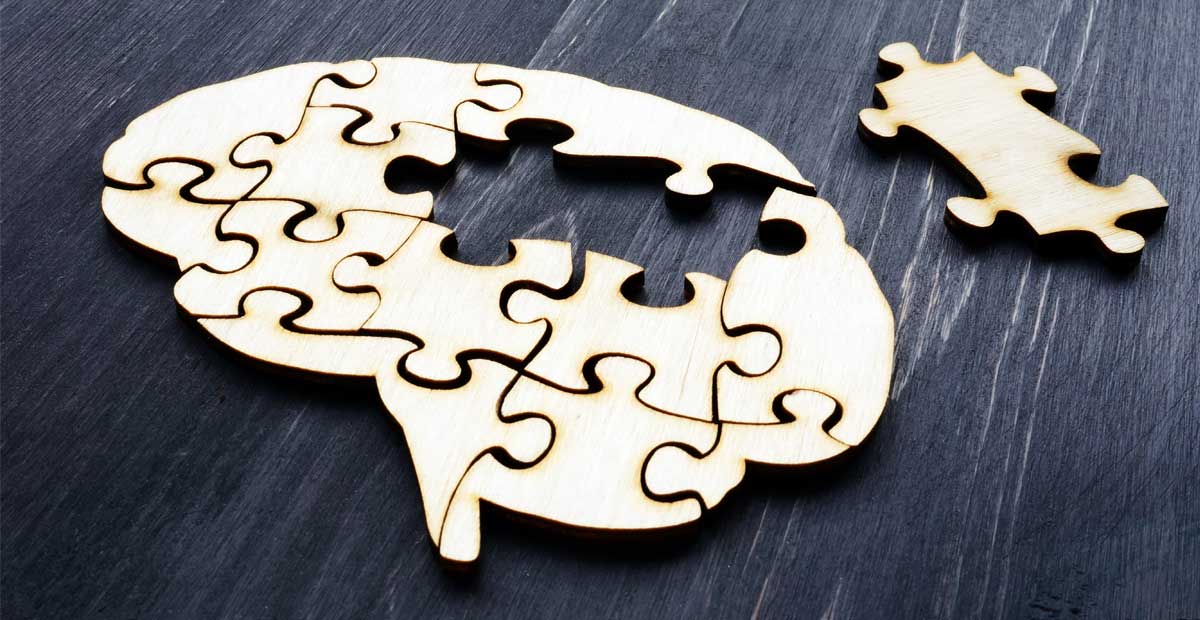It can be heart wrenching to watch a loved one start to show signs of dementia or Alzheimer’s disease, and even harder as their symptoms progress. Sometimes it can be difficult to notice early signs of dementia, because at first, they may just seem like common mistakes we make as we get older. It can be tremendously helpful to know the difference between the two because it can help you understand your loved one’s behaviors that may seem out of place.
When you look for early signs that a loved one may be exhibiting, remember all symptoms of the disease are from the disease itself, and not something your loved one is doing on purpose. “Dementia is not a memory failure, it’s a brain failure,” says Masonic Village at Elizabethtown Organization and Development Training Instructor Diana Sarver, who holds training courses on early signs of dementia for family caregivers.
Most early signs of dementia revolve around three main things: memory loss, confusion and changes in mood. Many of these initially manifest as small mistakes that may be hard to catch, but can increasingly become more prevalent and disrupt normal life. Below are examples of behaviors within these categories your loved one may be facing.
- Memory loss. Some of the common ways that early dementia presents itself are forgetting conversations and appointments, misplacing items, repeating questions multiples times or having to rely on memory aids like reminder notes. It’s important to remember that everyone experiences these things every now and again, especially as we age. But when a loved one is constantly struggling with these symptoms and starts becoming frustrated more often because they just can’t seem to remember, it’s more indicative of dementia than general aging.
- Confusion. When a loved one becomes increasingly confused about times, dates, where they are or navigating what used to be familiar areas, this can be a sign of dementia. They may also find it hard to follow familiar recipes, keep track of bills, work with numbers or follow medication regimes. Everyone forgets what day of the week it is but can usually remember it fairly quickly or later that day. But a manifestation of dementia can be when a loved one seems constantly confused about what day it is or even what season it is, and they can’t remember it later.
- Changes in mood. Because many diseases that cause dementia affect the pathways in the brain, your loved one may start seeming like a different person. They may experience decreased or poor judgement, act inappropriately, have severe mood swings, become fearful or suspicious of people they know, withdraw from social situations or become depressed. All of these may not happen suddenly or all at once, but it’s important to look for signs. Did your loved one used to love social gatherings or family events and now seems disinterested or anxious to see familiar family members? Drastic out-of-character actions could be an indication of dementia.
If you are concerned your loved one has changed dramatically or are more frustrated because they are experiencing any of the symptoms above, you may want to schedule an appointment with your primary care provider or a memory and dementia specialist. It’s better to get help sooner rather than later.
Learn more about cognitive stimulation at Masonic Village.




